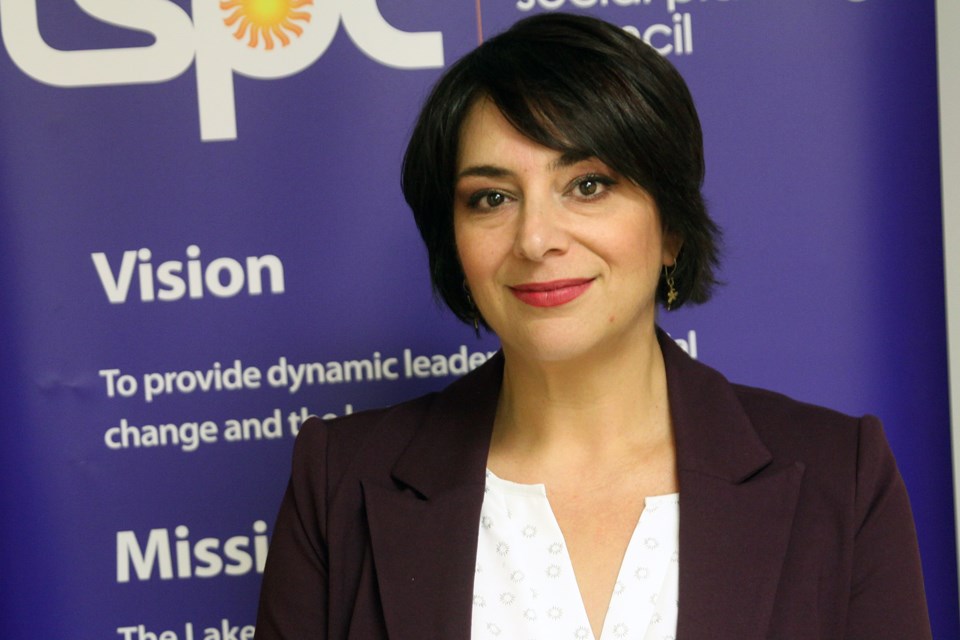THUNDER BAY – A local poverty reduction advocate says minimum-wage earners would be better off with more income rather than a tax cut.
The Progressive Conservative government on Thursday revealed its fall economic outlook, its first fiscal blueprint since taking office after June’s provincial election.
While the plan contains little to no surprises, it follows through on a campaign promise to eliminate personal provincial income tax those earning less than $30,000 in place of freezing minimum wage at $14 per hour, cancelling the increase that would have going into effect next year.
In its news release, Finance Minister Vic Fedeli claims the tax cut could save those eligible up to $850 per year for individuals and up to $1,700 for couples.
But Lakehead Social Planning Council social researcher Bonnie Krysowaty said that is well short of the more than $1,900 a year minimum wage earners would have brought home had the rate been raised to the amount committed to by the previous Liberal regime.
“It’s simply less money that people will be earning without having that extra $1 an hour,” Krysowaty said. “I don’t think it’s a great initiative.”
The economic outlook statement said the government has already reduced the projected deficit by $500 million, bringing it down to $14.5 billion. It slashed spending by $3.2 billion, though much of that was offset by revenues lost from the cancellation of the cap and trade program.
Following Premier Doug Ford’s comments made in Thunder Bay last month that he believed the best way out of poverty is “something called a job,” Krysowaty said this government seems to be emphasizing getting people to work.
“I think that’s what the government will focus on, is trying to increase the employment rate and trying to get more people into the workforce,” Krysowaty said.
“But there is always that demographic of people that can’t be in the workforce for whatever reason so we can’t forget about any segment of the population.”
The government next week is expected to announce social assistance reforms that were promised when it announced the winding down of the basic income pilot project.
What that will mean for people on Ontario Works and the Ontario Disability Support Program remains to be seen, Krysowaty said.
“I don’t think we’re going to see any great revelations next week. I don’t think we’re going to see anything beneficial for people that aren’t working,” Krysowaty said.
“This government seems to be really concentrating its efforts on those that are working and earning at the low income measure, which is less than $30,000 a year.
